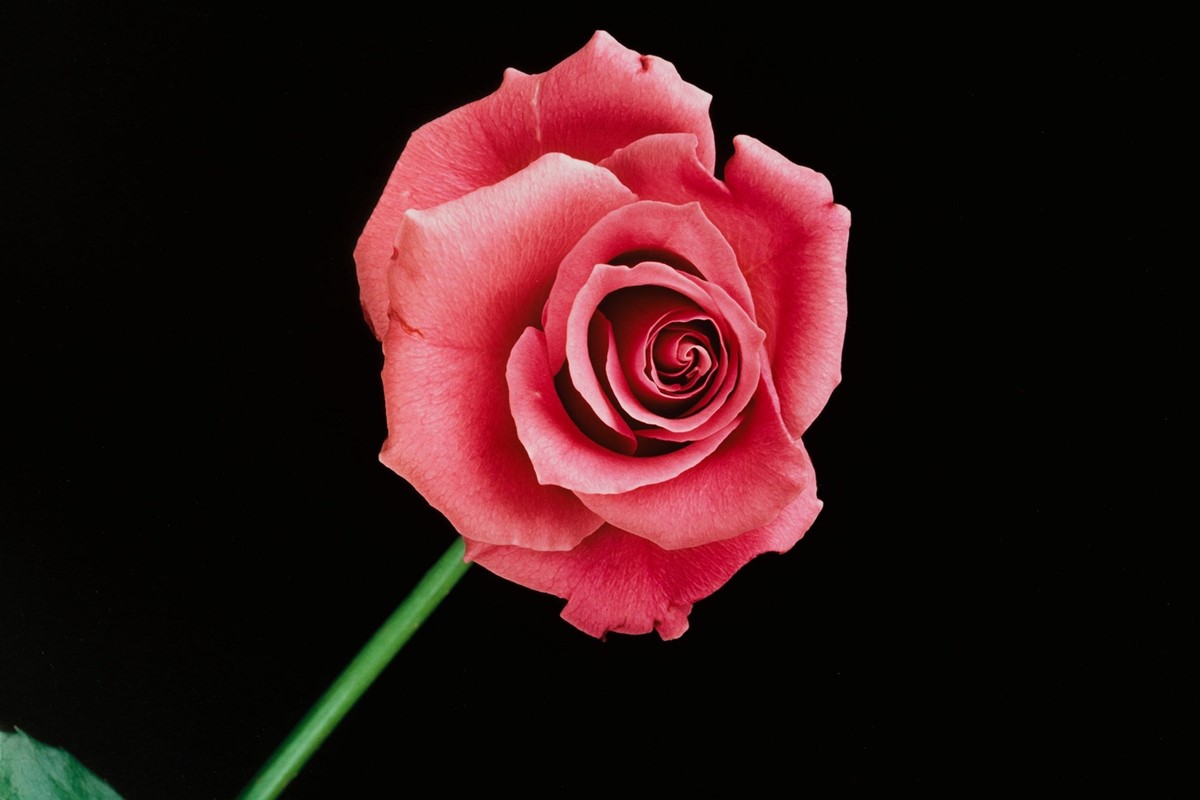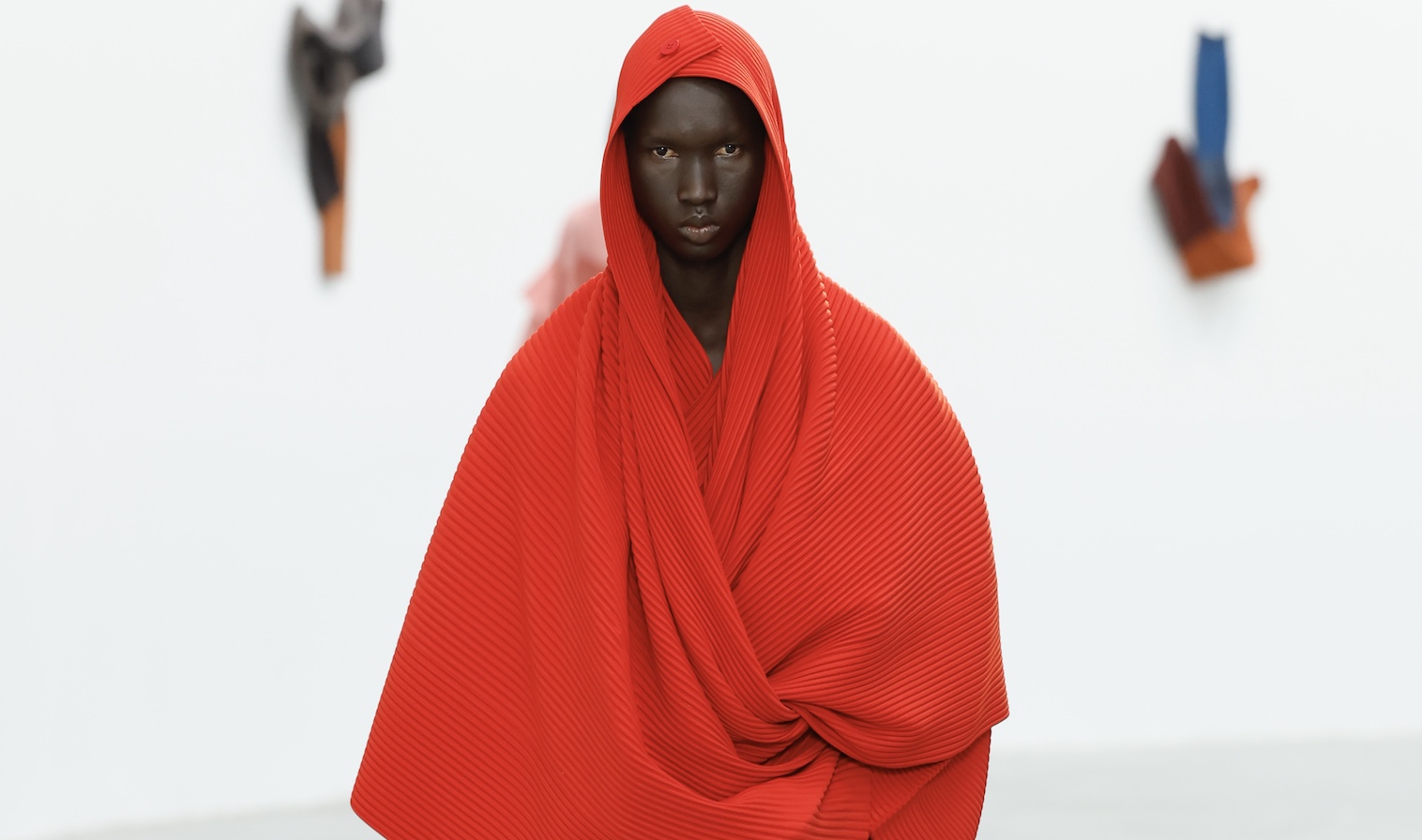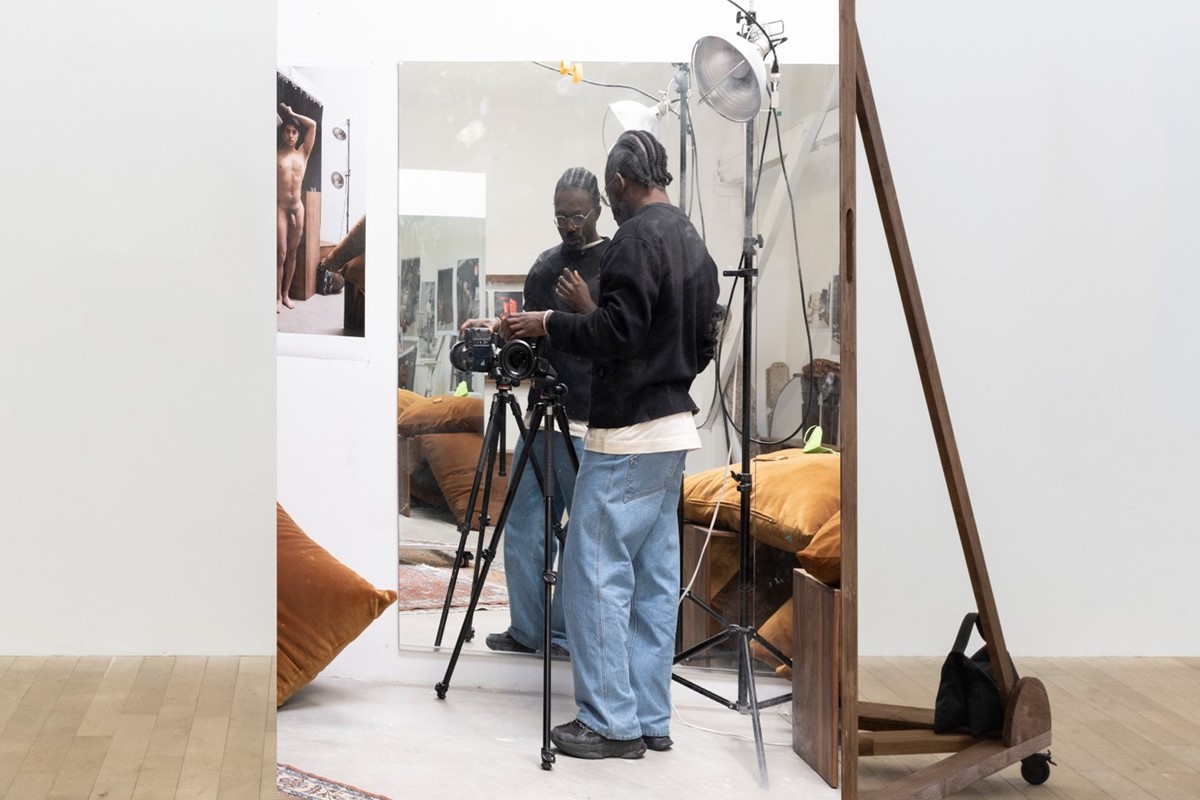Cinema
2013 - Film & Video (Film & Video)
Fang Lu
In the work Cinema , Fang Lu explores in a meticulous yet un-dramatic — almost casual — way of how “the self” in our today’s life is a controlled and staged construction of oneself. What appears at first sight to be a not unusual performance of self-choreography, becomes at a second glance a disturbing portrait of a – female – persona brought to life under contemporary conditions of attractiveness, anxiety and narcissism. Unlike her previous works, which duel more on the internal, surrealistic human conditions, this seven-channel work elevates the individual relationship with its socio-political environment to a more recognizable and appealing set of behavioral actions of self-awareness and self-inflicted anguish. Cinema , as a “portrait”, is staged in the fashion of creating a self-image in the politically guarded societal arena of surveillance and social networks. In this media oriented process of constructing a self-image, one experiences over time the loss of one’s, authentic, identity. In that sense Cinema is a “melancholic” portrait.
Fang Lu uses intimacy as a place for self-expression in her videos and draws out mundane moments from everyday life as a strategy to heighten one’s awareness of existence from the rest of the world. Instead of using the camera as a tool to document or capture, she stages a superficial experience, or “situated reality,” that locates the self in relation to a relationship, environment, or idealistic notion. For example, examining behavioral patterns of being in love or being sequestered in an empty building with nothing but circulated online images. For Fang, there is no one reality and everyone creates her own reality. Thus, her practice is an ongoing exploration of self-awareness and seeking realization of truths within experience, and the content in and direction of her videos are directly influenced by her immediate and living environment.
Colors:
Related works featuring themes of: » China, » Contemporary Conceptualism, » Cultural Commentary, » Film/Video
» see more

© » KADIST
Yoshua Okón
2009Canned Laughter was Okón’s response to an invitation from Ciudad Juárez , Mexico, where artists were asked to create works based on their experience of the city...

© » KADIST
Qing Zhang
2006603 Football Field presents a soccer game played inside a small student apartment in Shanghai...

© » KADIST
Xiaoyun Chen
2012The lengthy titles in Chen Xiaoyun’s work often appear as colophons to his photographs that invite the viewer to a process of self realization through contemplating the distance between word and image...
Other related works, blended automatically
» see more

© » KADIST
Yoshua Okón
2009Canned Laughter was Okón’s response to an invitation from Ciudad Juárez , Mexico, where artists were asked to create works based on their experience of the city...

© » KADIST
Vincent Leong
2012The photograph Exquisite Eco Living is part of a larger series titled Executive Properties in which he digitally manipulated the images to insert iconic buildings of Kuala Lumpur in the view of derelict spaces also found in the city...
Related works sharing similar palette
» see more

© » ARTS EQUATOR
Weekly Picks: Malaysia (4–10 Feb 2019) | ArtsEquator Thinking and Talking about Arts and Culture in Southeast Asia Weekly To Do February 4, 2019 Puja Pantai Festival 2019 , at Mah Meri Cultural Village, 9 Feb, 10am–3pm Puja Pantai is an ancient Mah Meri ritual, and members of the public are invited to witness it...

© » KADIST
Danielle Dean
2017In True Red Ruin (Elmina Castle) , Danielle Dean uses archival documents to re-imagine colonial history from the 1400s, while also referencing her own personal history...

© » ANOTHER
An Expansive New Exhibition of Robert Mapplethorpe’s Lesser-Known Works | AnOther As a new show dedicated to Robert Mapplethorpe opens in London, gallerist Alison Jacques talks about showcasing the photographer’s less famous portraits and still lifes November 30, 2023 Text Miss Rosen Over the course of his brief but wondrous life, Robert Mapplethorpe was a seminal force in elevating photography to the realms of fine art...
Other works by: » Fang Lu
» see more
Related artist(s) to: Fang Lu » Ai Weiwei, » Carol Yinghua Lu, » Chen Wei, » Chen Zhou, » Huang Ran, » Li Ran, » Liu Ding
» see more
Related works found in the same semantic group
» see more

© » KADIST
Catherine Opie
1987Catherine Opie’s candid photograph Cathy (bed Self-portrait) (1987) shows the artist atop a bed wearing a negligee and a dildo; the latter is attached to a whip that she holds in her teeth...

© » KADIST
Kori Newkirk
2013LAB (2013) conjures the body as the trace of a sooty hand appears, spectrally, on a crumpled paper towel...

© » THEARTNEWSPER
The late self-taught street photographer Vivian Maier will have her first major New York exhibition Art market Museums & heritage Exhibitions Books Podcasts Columns Technology Adventures with Van Gogh Search Search Exhibitions preview The late self-taught street photographer Vivian Maier will have her first major New York exhibition The Manhattan branch of photography museum Fotografiska will put around 200 works by the reclusive savant on view in May 2024 Gabriella Angeleti 18 December 2023 Share Vivian Maier, Self-Portrait, New York, NY , 1954 Courtesy Fotografiska The late French American photographer Vivian Maier , who rose to fame posthumously after her archive was serendipitously rediscovered in the late 2000s, will have her first major exhibition in New York next year at Fotografiska...








